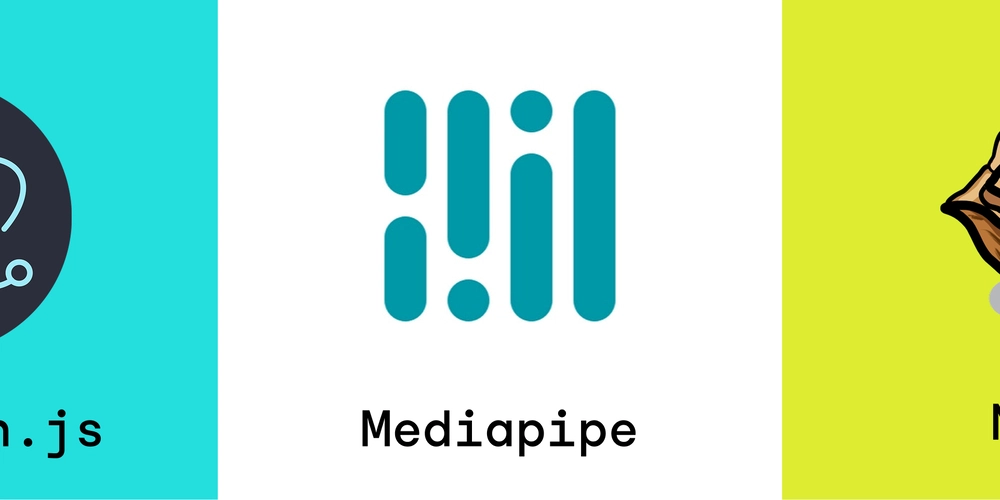Future of Mobile App Testing: Ensuring Quality in an AI-Driven World
The mobile app ecosystem is evolving at breakneck speed, with user expectations higher than ever. In this hyper-competitive landscape, delivering flawless experiences isn’t just a goal — it’s a necessity. As AI reshapes software development, mobile app testing is undergoing its own revolution, blending automation, intelligence, and adaptability to meet tomorrow’s quality demands. Here’s how mobile app testing will transform in the AI era — and what it means for developers, QA teams, and businesses. 1.Autonomous Testing Takes Center Stage Manual testing can’t keep up with the pace of modern app development. AI-powered testing frameworks will increasingly: Self-generate test cases by analyzing user behavior patterns and app functionality. Auto-correct flaky tests when UI elements change, reducing maintenance overhead. Prioritize high-impact test scenarios based on real-world usage data. The result? Faster releases without compromising coverage. 2.Smarter Real-Device Testing With thousands of device-OS combinations, fragmentation remains a key challenge. Future testing strategies will leverage: AI-driven device selection — Automatically identifying the most critical device/OS combinations for testing based on market share and user demographics. Predictive performance analysis — Forecasting how new app updates will behave across different hardware configurations before deployment. Visual AI validation — Detecting UI glitches, alignment issues, and rendering errors across screens through intelligent image comparison. 3.Shift-Left Testing Goes Mainstream Catching bugs early saves time and money. AI enables: Automated requirement validation — Analyzing product specs to flag potential ambiguities that could lead to defects. Code-aware test generation — Creating relevant test cases as developers write code, not after. Instant feedback loops — Running lightweight automated checks with every commit to prevent regression issues. 4.Hyper-Personalized User Experience Testing Users expect apps to adapt to their preferences. Future testing will simulate: Individualized user journeys — Testing how different personas (new users, power users, etc.) interact with the app. Context-aware scenarios — Validating location-based features, accessibility modes, and personalized content delivery. Behavioral anomaly detection — Identifying UX friction points by comparing actual usage against predicted patterns. 5.Security and Compliance Testing Gets Proactive With rising privacy regulations and sophisticated cyber threats, AI will enhance: Automated vulnerability scanning — Continuously checking for OWASP risks, insecure data storage, and API weaknesses. Compliance validation — Ensuring apps adhere to GDPR, CCPA, and regional standards through rule-based AI checks. Fraud pattern detection — Simulating malicious behaviors to test app resilience against bots and abuse. 6.The Rise of Self-Learning Test Systems Tomorrow’s testing frameworks won’t just execute scripts — they’ll evolve with the app: Adaptive test suites that refine themselves based on code changes and defect history. Predictive analytics forecasting which app areas need more rigorous testing based on past failures. Continuous optimization of test coverage to eliminate redundancy while maximizing defect detection. Preparing for the AI-Powered Testing Future To stay ahead, organizations must: ✅ Embrace AI-augmented testing — Augment human testers with intelligent automation. ✅ Invest in real-world data — Train AI models on diverse user interactions for accurate simulations. ✅ Foster collaboration — Break silos between dev, QA, and product teams for seamless shift-left adoption. The Bottom Line Mobile app testing in 2025 won’t be about running more tests — it’ll be about running the right tests intelligently. AI won’t replace testers; it will empower them to focus on strategic quality initiatives while automation handles the repetitive heavy lifting.
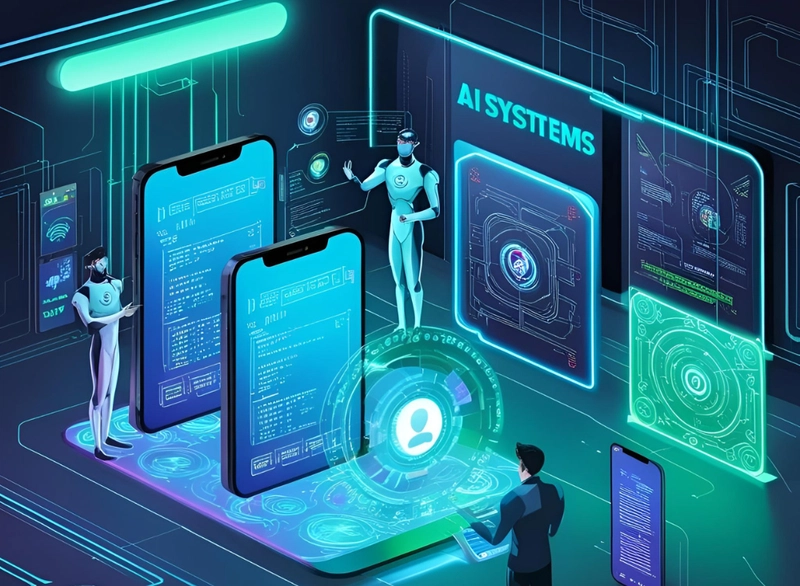
The mobile app ecosystem is evolving at breakneck speed, with user expectations higher than ever. In this hyper-competitive landscape, delivering flawless experiences isn’t just a goal — it’s a necessity. As AI reshapes software development, mobile app testing is undergoing its own revolution, blending automation, intelligence, and adaptability to meet tomorrow’s quality demands.
Here’s how mobile app testing will transform in the AI era — and what it means for developers, QA teams, and businesses.
1.Autonomous Testing Takes Center Stage
Manual testing can’t keep up with the pace of modern app development. AI-powered testing frameworks will increasingly:
Self-generate test cases by analyzing user behavior patterns and app functionality.
Auto-correct flaky tests when UI elements change, reducing maintenance overhead.
Prioritize high-impact test scenarios based on real-world usage data.
The result? Faster releases without compromising coverage.
2.Smarter Real-Device Testing
With thousands of device-OS combinations, fragmentation remains a key challenge. Future testing strategies will leverage:
AI-driven device selection — Automatically identifying the most critical device/OS combinations for testing based on market share and user demographics.
Predictive performance analysis — Forecasting how new app updates will behave across different hardware configurations before deployment.
Visual AI validation — Detecting UI glitches, alignment issues, and rendering errors across screens through intelligent image comparison.
3.Shift-Left Testing Goes Mainstream
Catching bugs early saves time and money. AI enables:
Automated requirement validation — Analyzing product specs to flag potential ambiguities that could lead to defects.
Code-aware test generation — Creating relevant test cases as developers write code, not after.
Instant feedback loops — Running lightweight automated checks with every commit to prevent regression issues.
4.Hyper-Personalized User Experience Testing
Users expect apps to adapt to their preferences. Future testing will simulate:
Individualized user journeys — Testing how different personas (new users, power users, etc.) interact with the app.
Context-aware scenarios — Validating location-based features, accessibility modes, and personalized content delivery.
Behavioral anomaly detection — Identifying UX friction points by comparing actual usage against predicted patterns.
5.Security and Compliance Testing Gets Proactive
With rising privacy regulations and sophisticated cyber threats, AI will enhance:
Automated vulnerability scanning — Continuously checking for OWASP risks, insecure data storage, and API weaknesses.
Compliance validation — Ensuring apps adhere to GDPR, CCPA, and regional standards through rule-based AI checks.
Fraud pattern detection — Simulating malicious behaviors to test app resilience against bots and abuse.
6.The Rise of Self-Learning Test Systems
Tomorrow’s testing frameworks won’t just execute scripts — they’ll evolve with the app:
Adaptive test suites that refine themselves based on code changes and defect history.
Predictive analytics forecasting which app areas need more rigorous testing based on past failures.
Continuous optimization of test coverage to eliminate redundancy while maximizing defect detection.
Preparing for the AI-Powered Testing Future
To stay ahead, organizations must:
✅ Embrace AI-augmented testing — Augment human testers with intelligent automation.
✅ Invest in real-world data — Train AI models on diverse user interactions for accurate simulations.
✅ Foster collaboration — Break silos between dev, QA, and product teams for seamless shift-left adoption.
The Bottom Line
Mobile app testing in 2025 won’t be about running more tests — it’ll be about running the right tests intelligently. AI won’t replace testers; it will empower them to focus on strategic quality initiatives while automation handles the repetitive heavy lifting.




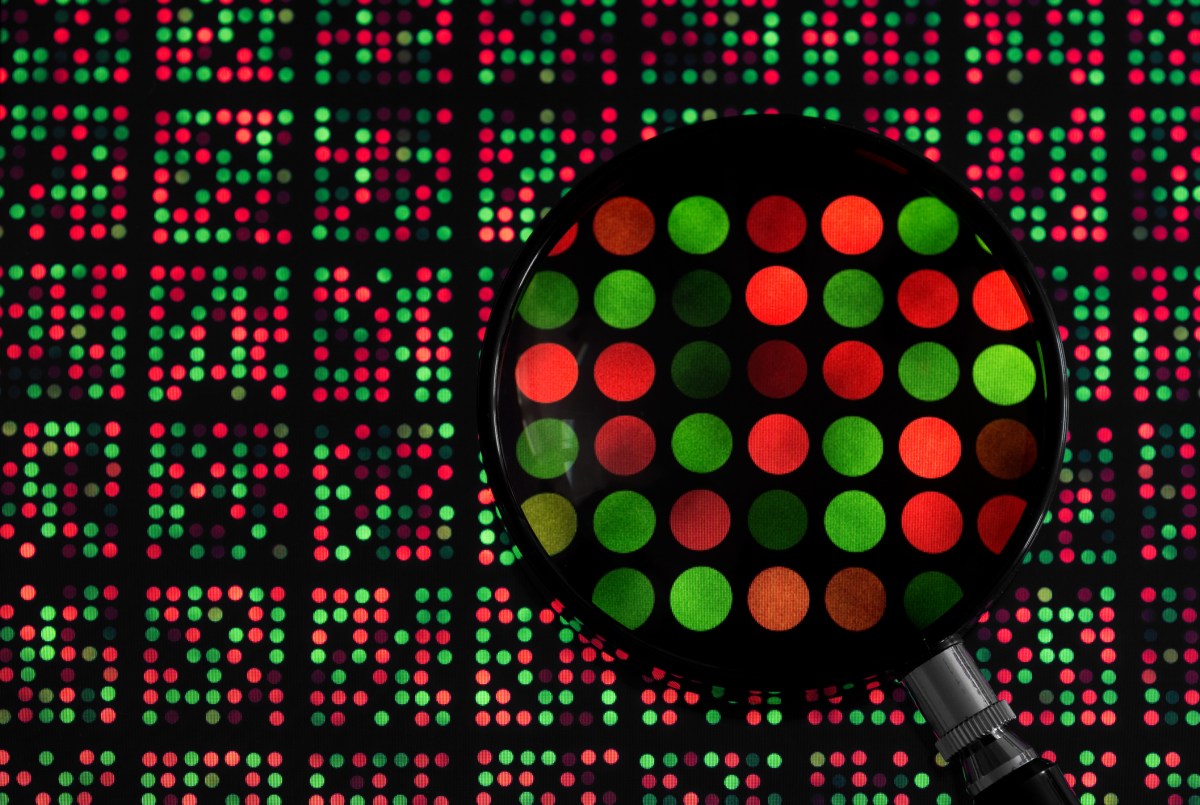
























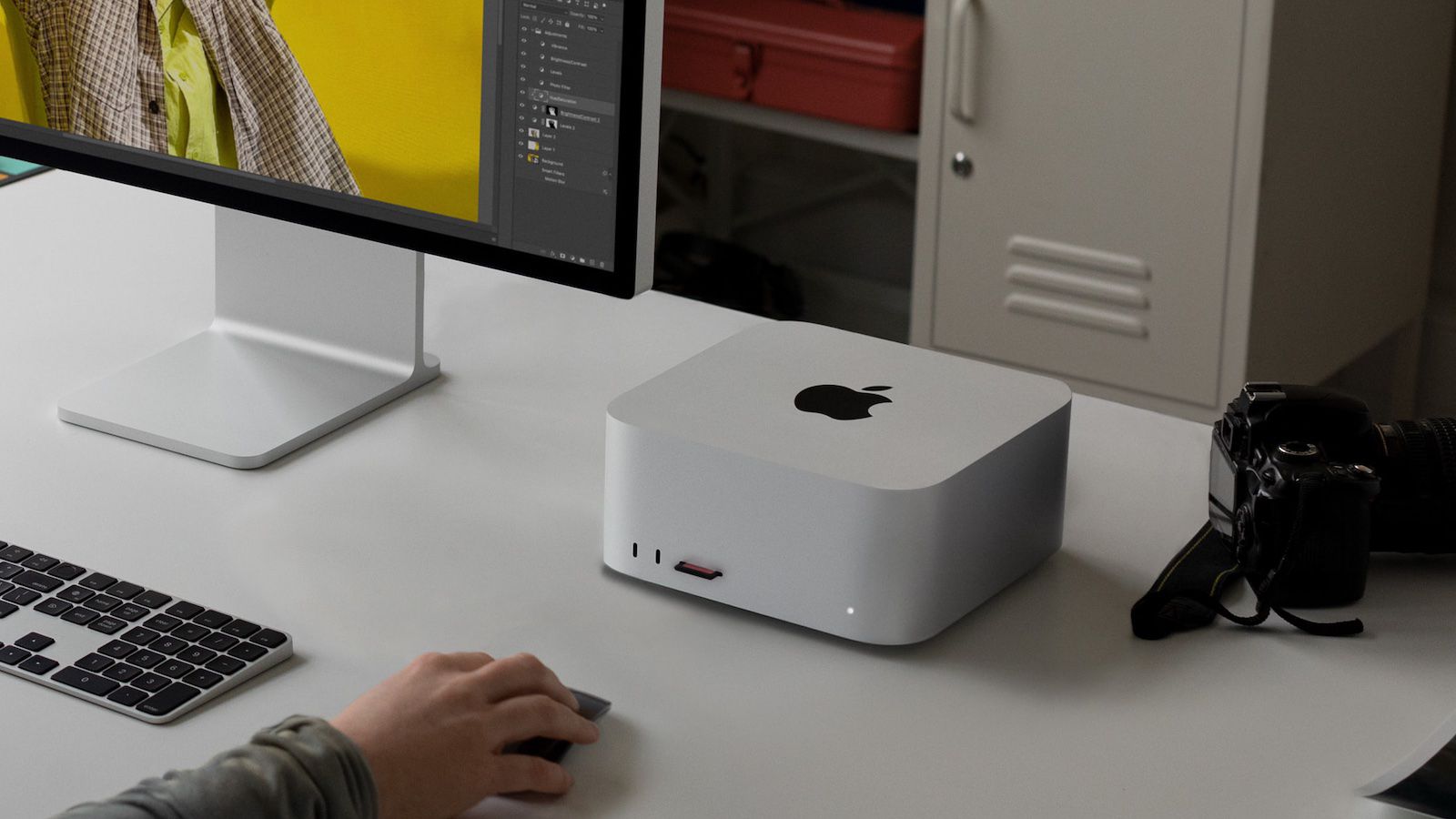
















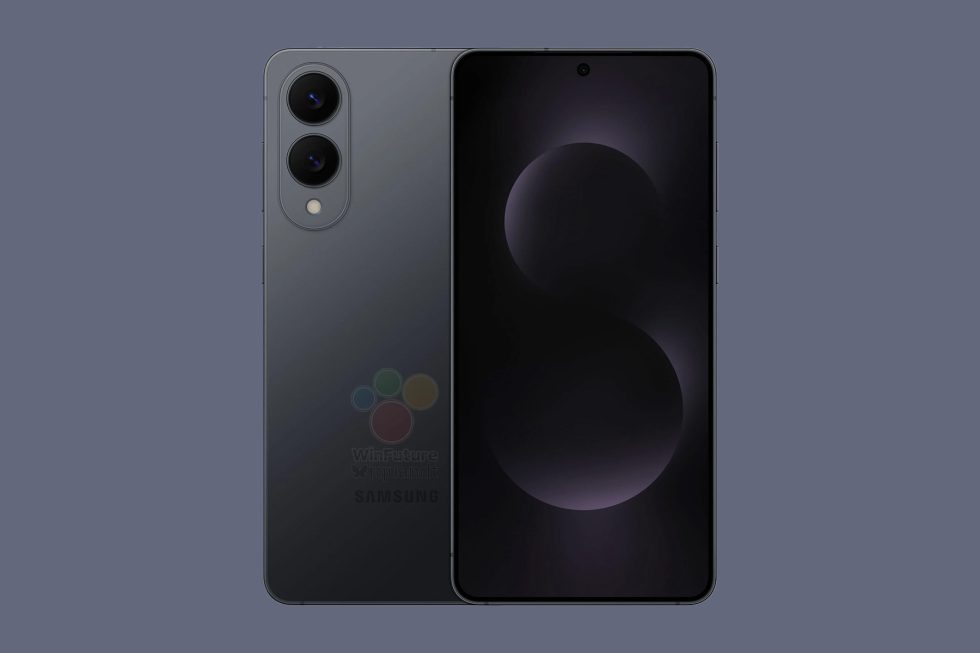








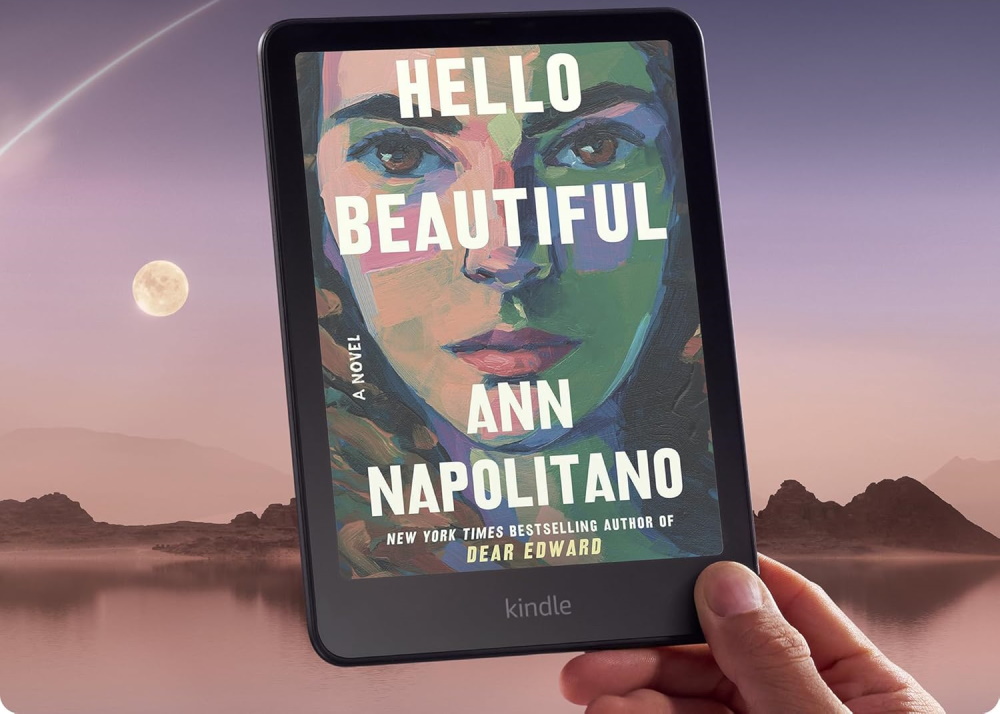








![Nomad Goods Launches 15% Sitewide Sale for 48 Hours Only [Deal]](https://www.iclarified.com/images/news/96899/96899/96899-640.jpg)


![Apple Watch Series 10 Prototype with Mystery Sensor Surfaces [Images]](https://www.iclarified.com/images/news/96892/96892/96892-640.jpg)

















![watchOS 11.4 now available with three new features for Apple Watch [U: Back]](https://i0.wp.com/9to5mac.com/wp-content/uploads/sites/6/2025/01/watchOS-11.4-hero.jpg?resize=1200%2C628&quality=82&strip=all&ssl=1)


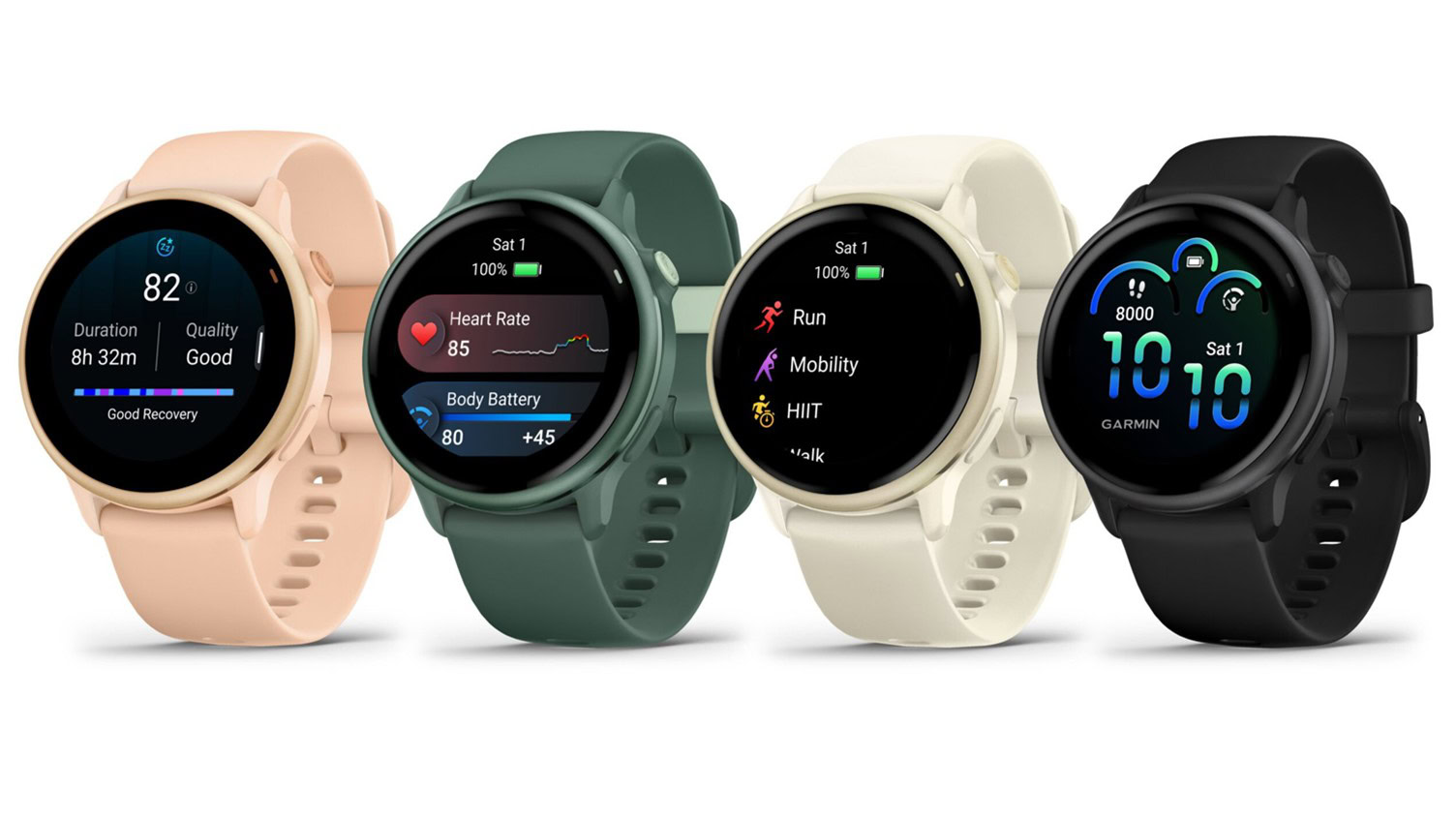
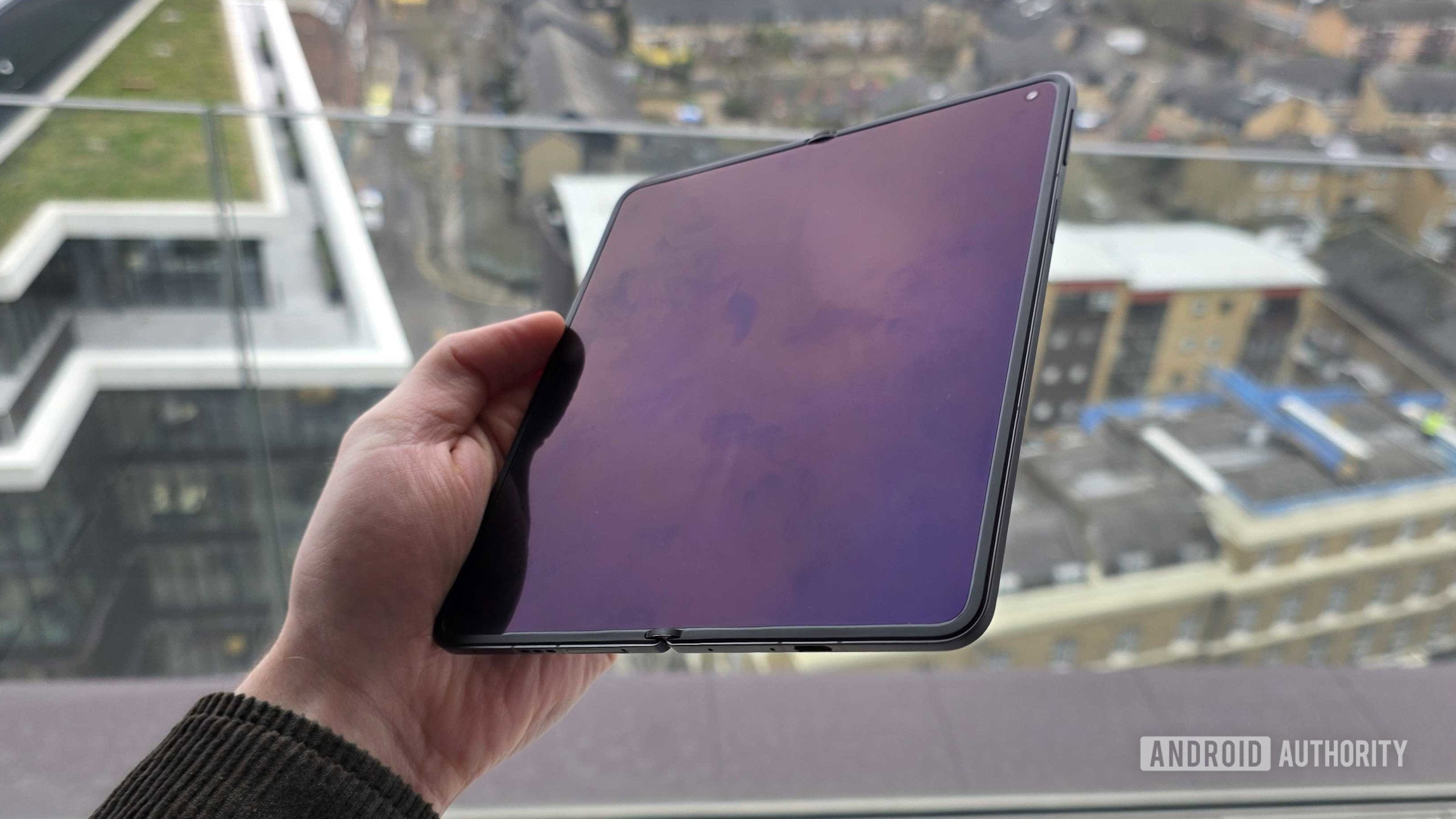
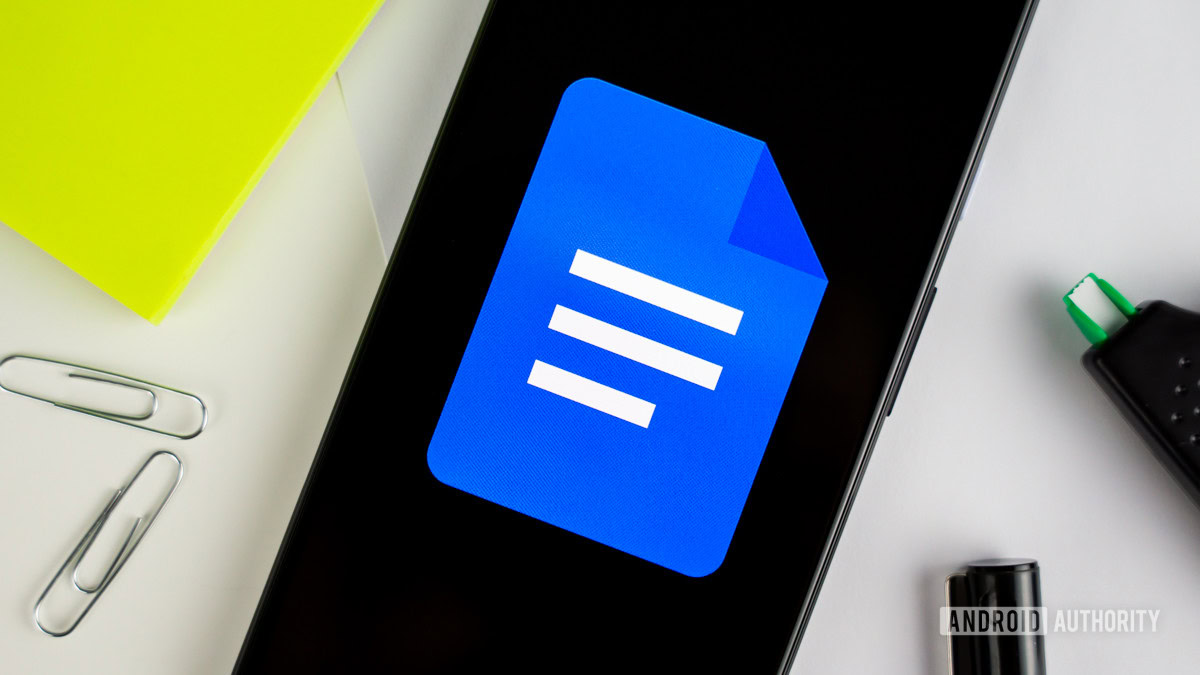
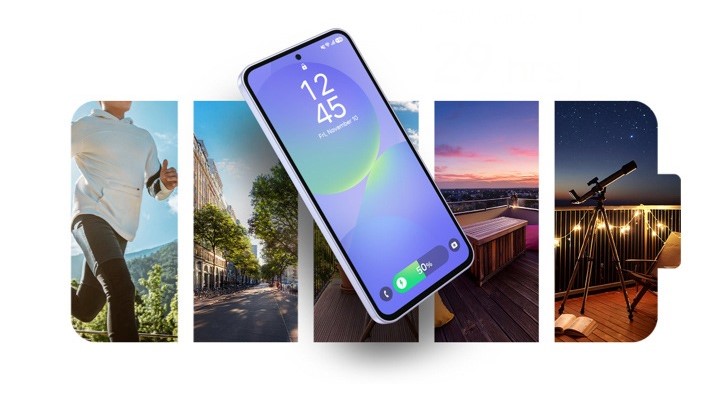
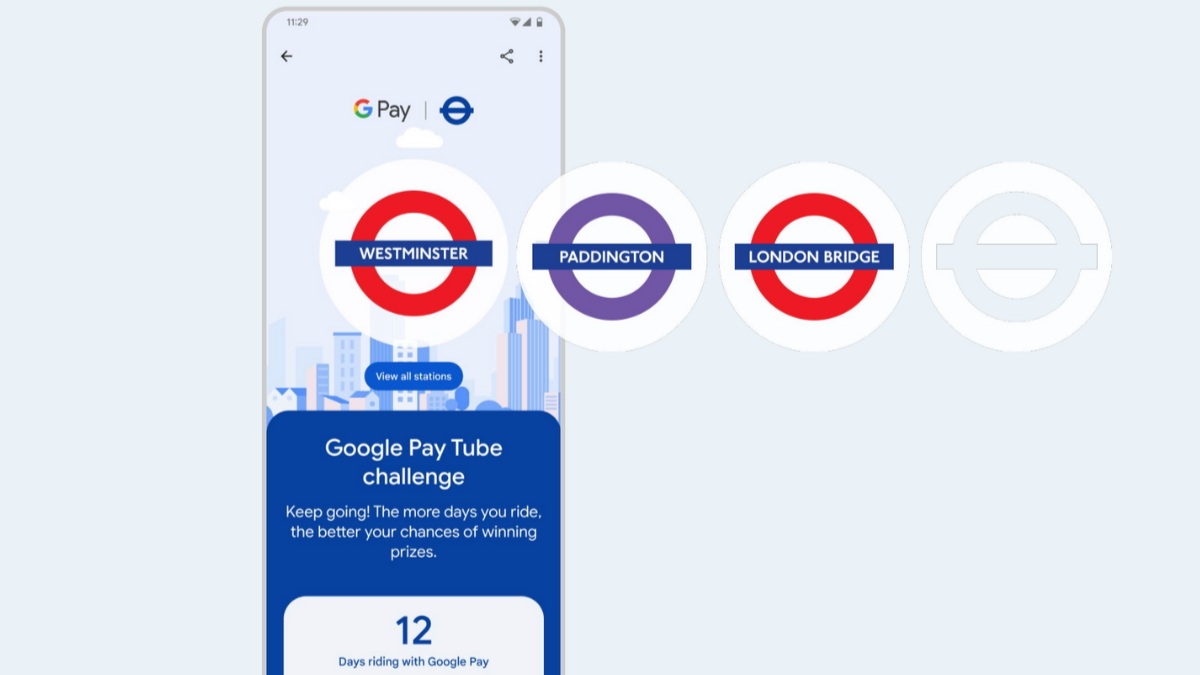


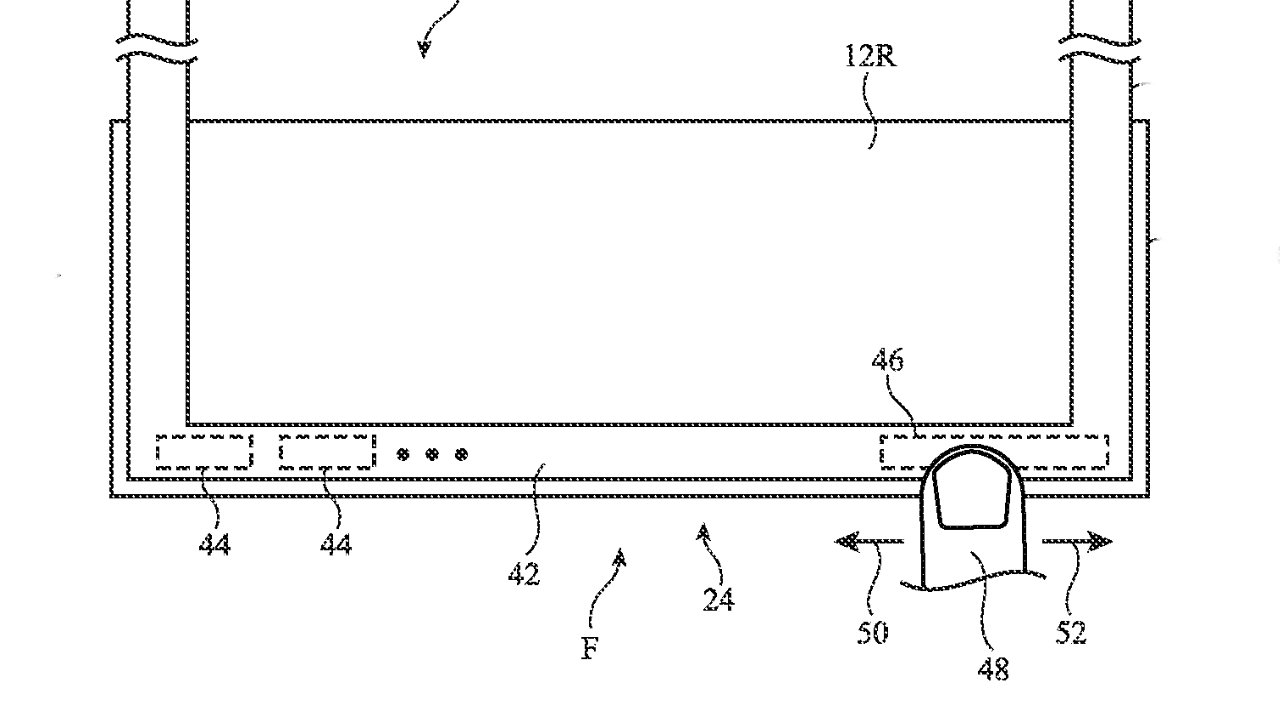
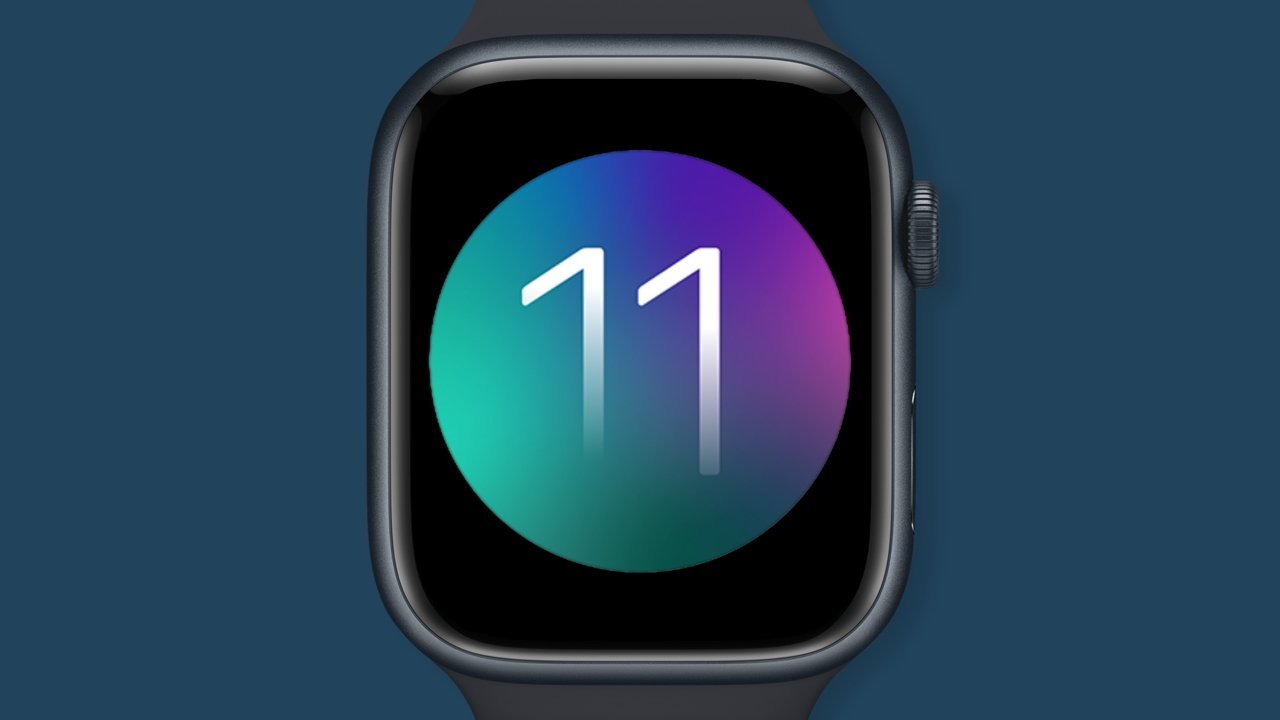

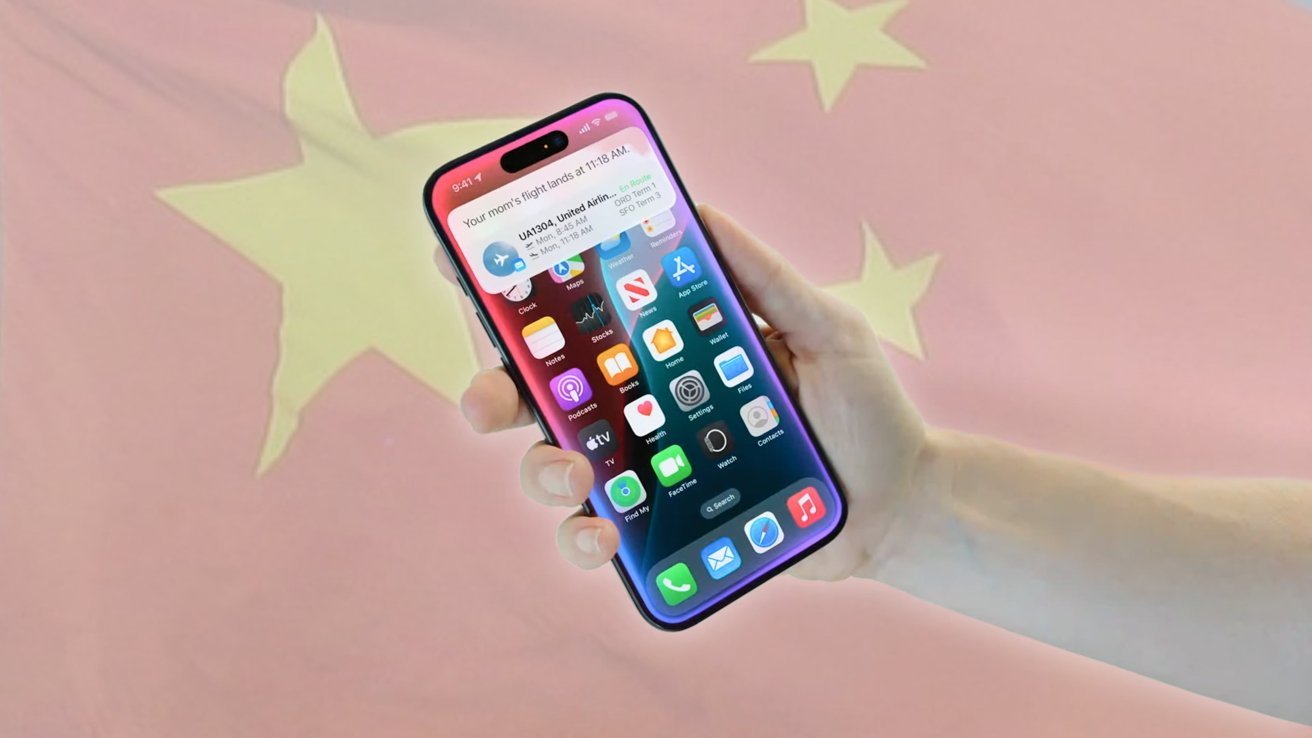
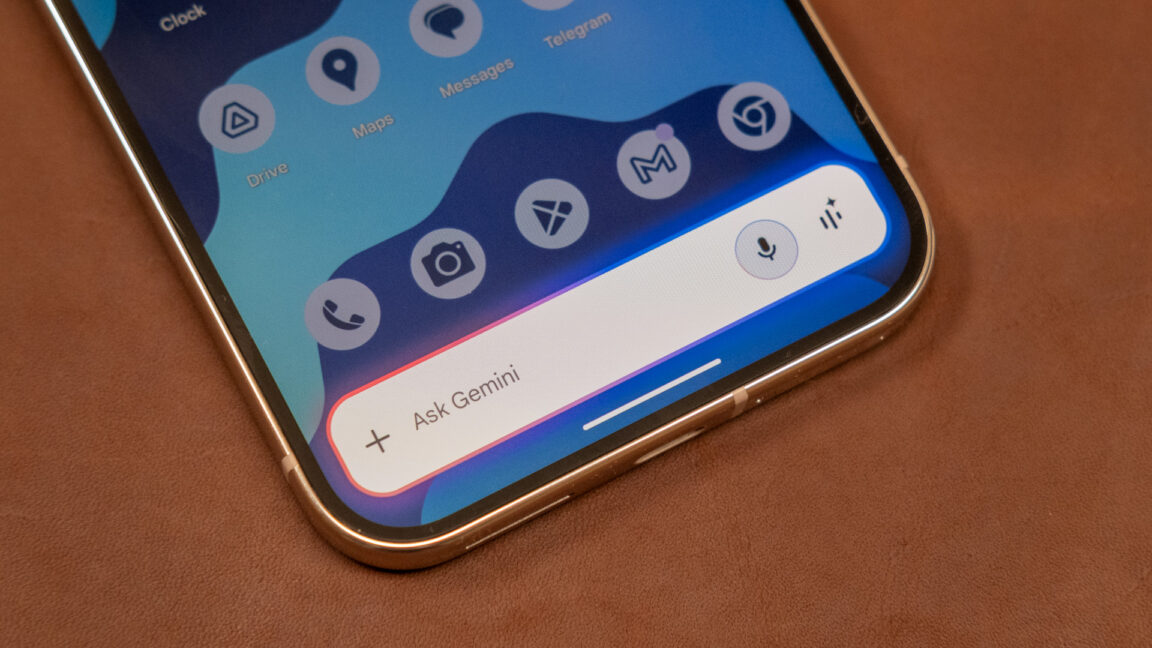
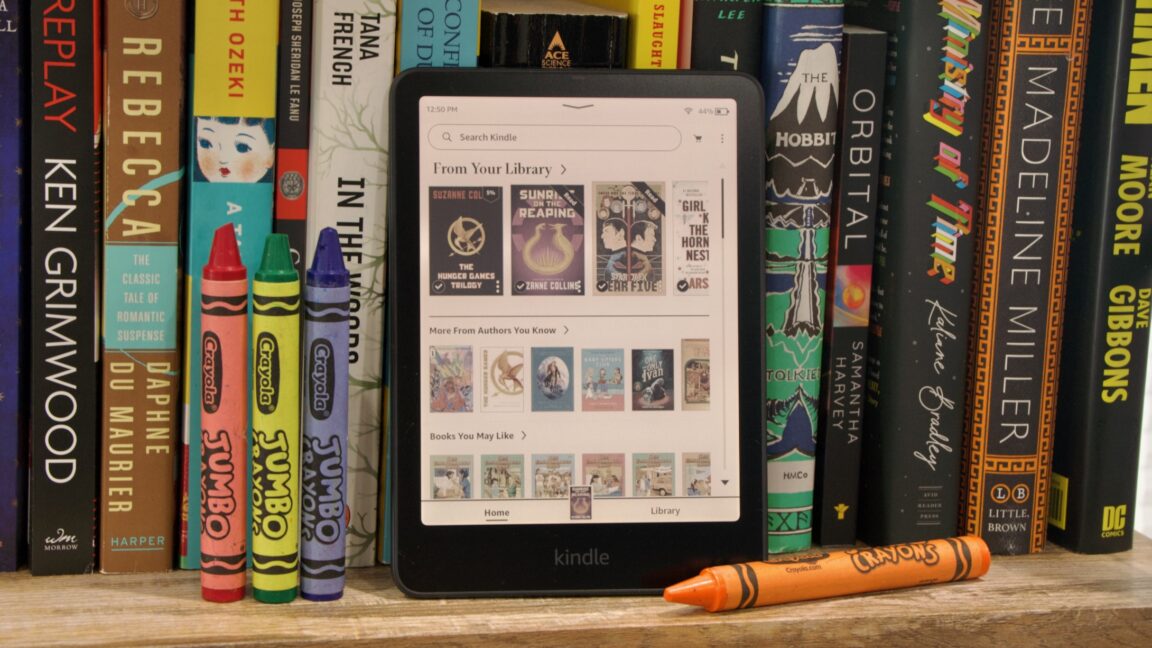












































































_Andrew_Angelov_Alamy.jpg?#)
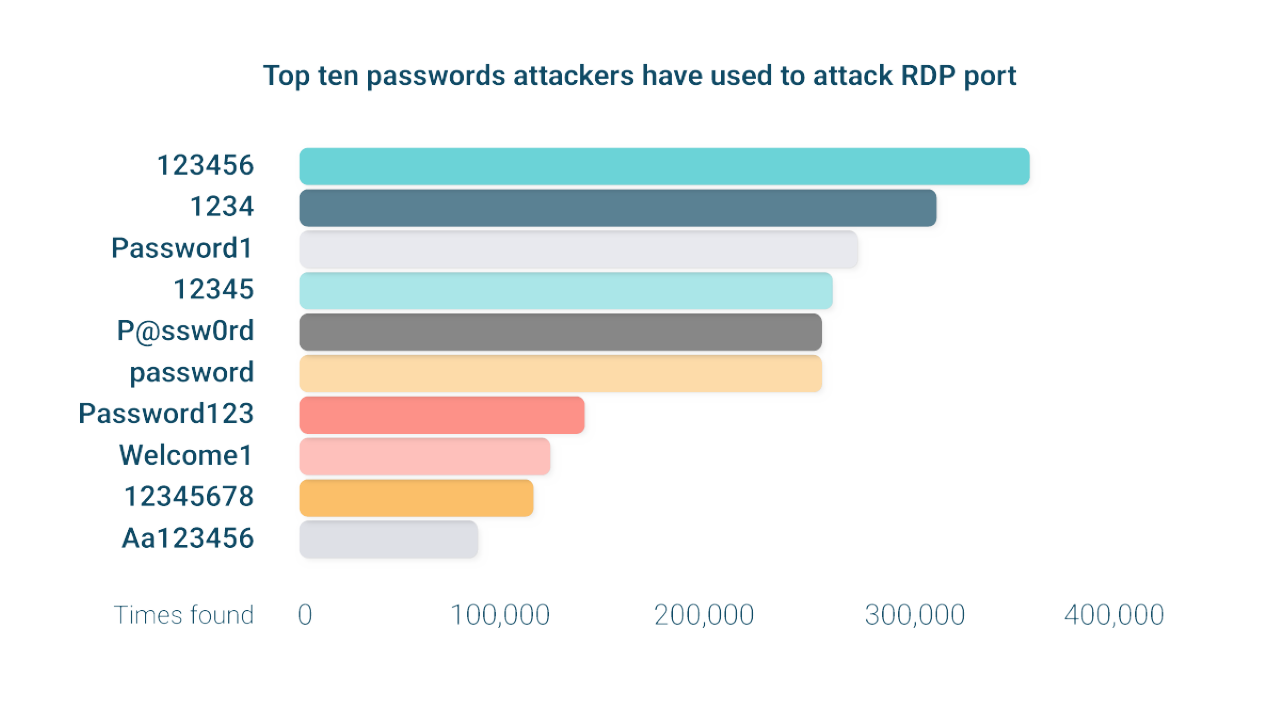









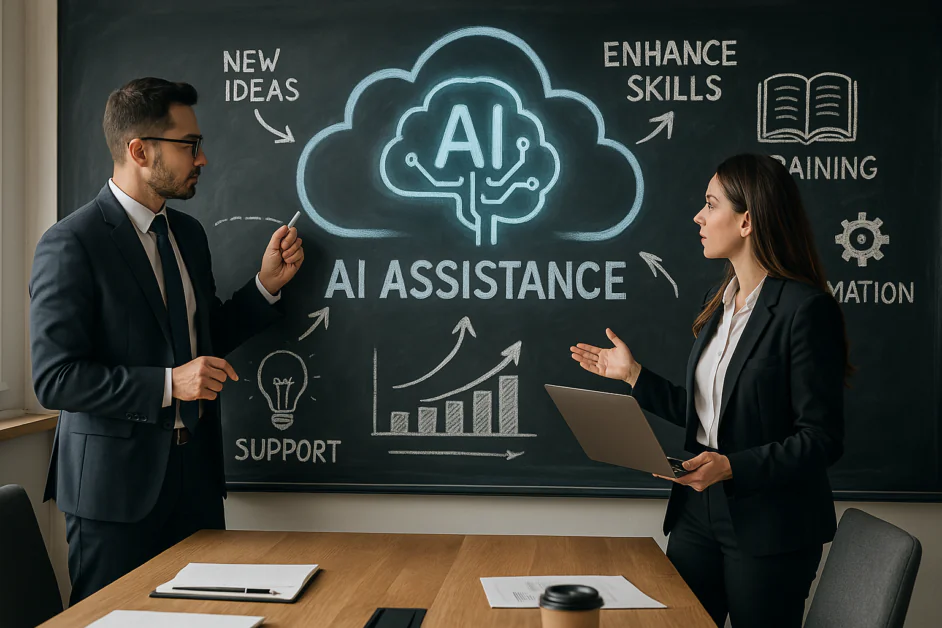
























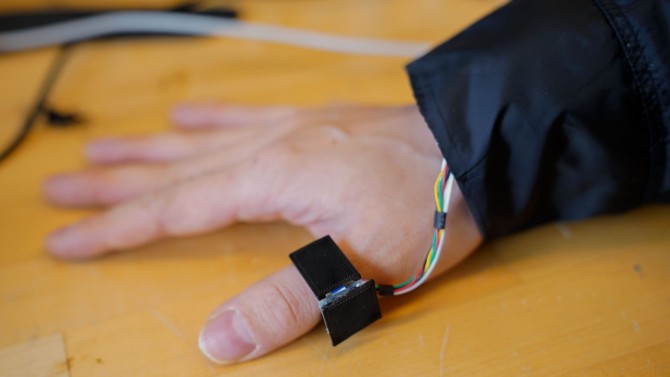






































![[The AI Show Episode 142]: ChatGPT’s New Image Generator, Studio Ghibli Craze and Backlash, Gemini 2.5, OpenAI Academy, 4o Updates, Vibe Marketing & xAI Acquires X](https://www.marketingaiinstitute.com/hubfs/ep%20142%20cover.png)

























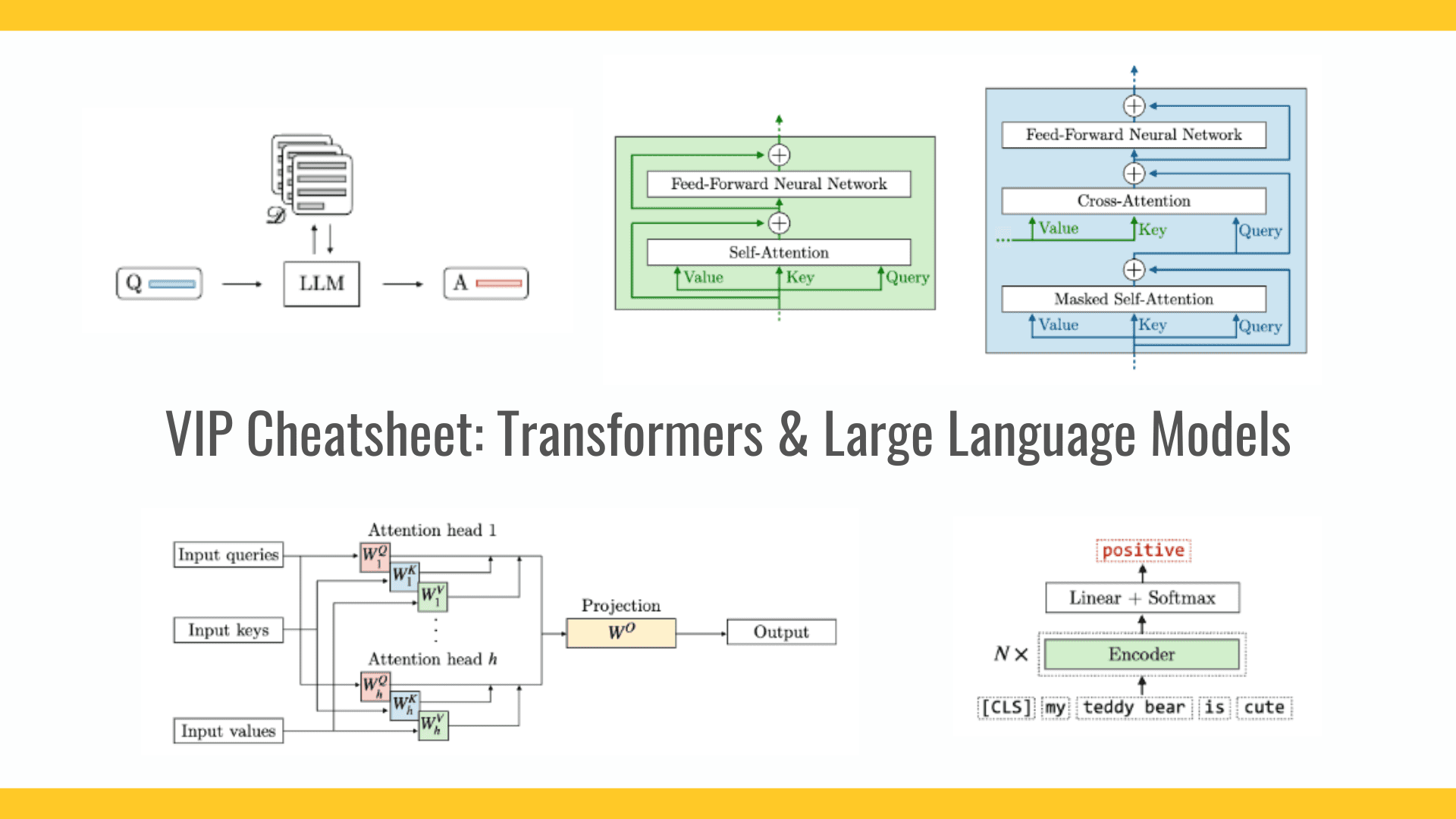

































































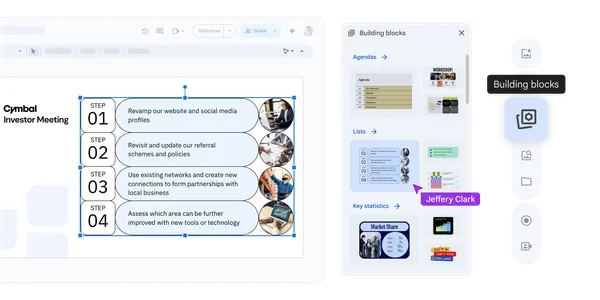

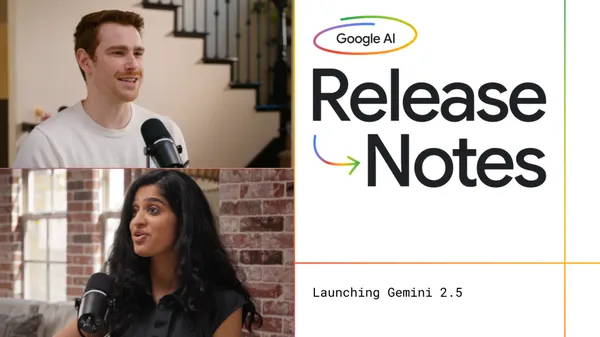















![Is this a suitable approach to architect a flutter app? [closed]](https://i.sstatic.net/4hMHGb1L.png)


















![From broke musician to working dev. How college drop-out Ryan Furrer taught himself to code [Podcast #166]](https://cdn.hashnode.com/res/hashnode/image/upload/v1743189826063/2080cde4-6fc0-46fb-b98d-b3d59841e8c4.png?#)






























-1280x720.jpg?width=1920&height=1920&fit=bounds&quality=80&format=jpg&auto=webp#)



















![Baldur's Gate 3-Themed Stardew Valley Mod Hit With Takedown By D&D Owner [Update: It's Back]](https://i.kinja-img.com/image/upload/c_fill,h_675,pg_1,q_80,w_1200/72456bbdaa2125a0df912aa9d205bb26.webp)



































